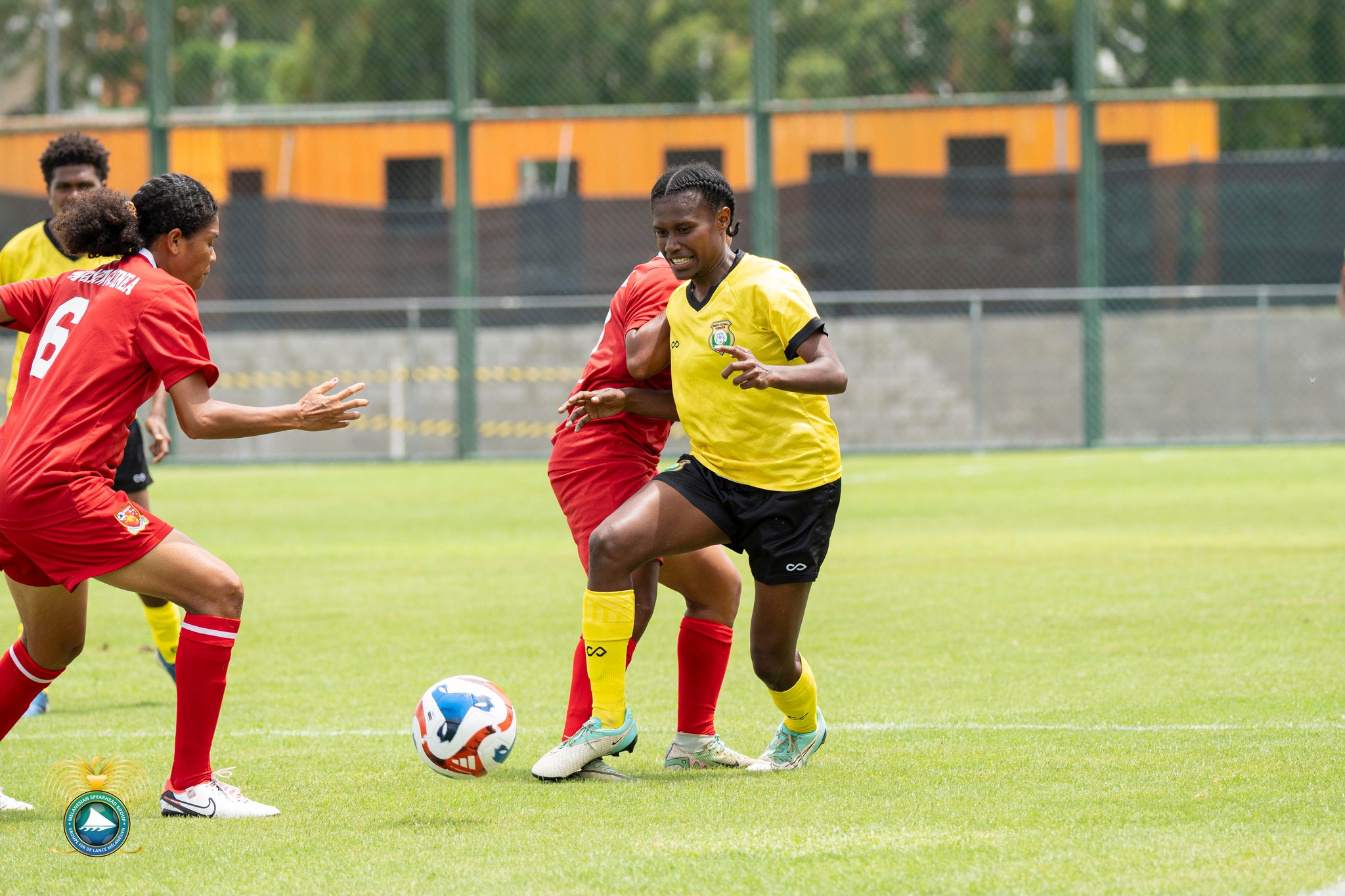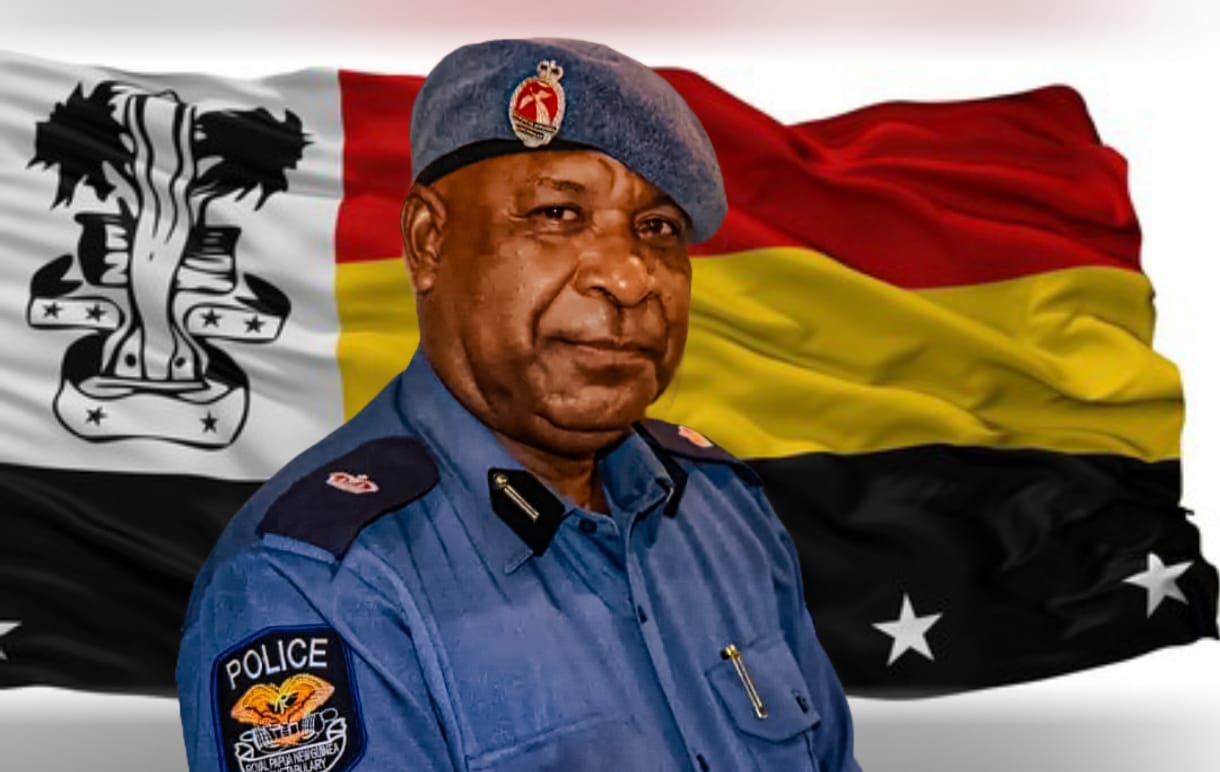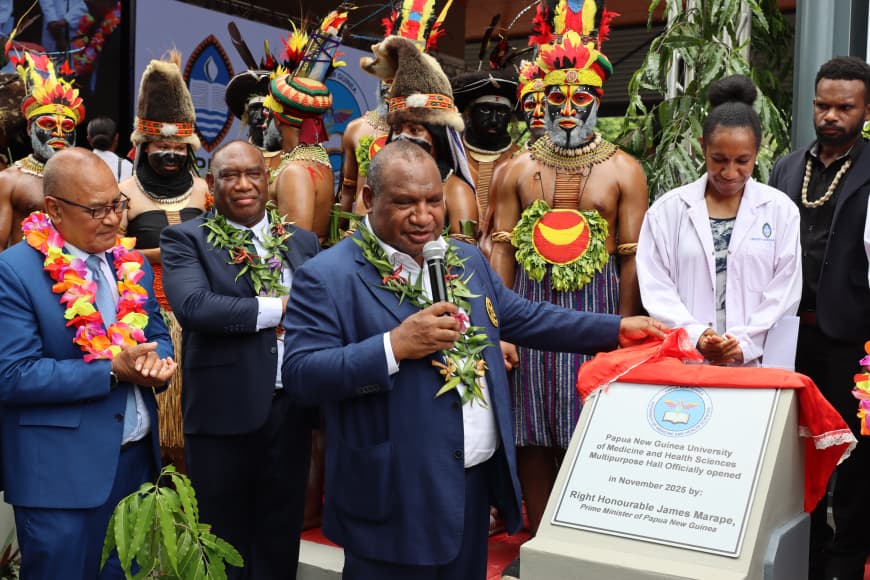In the Simbu province of Papua New Guinea’s Highlands, where accusations of sorcery continue to claim lives and destroy families, the Catholic Church is playing a critical role in confronting violence and promoting peace through faith-based initiatives.
Caritas Simbu, responded to 25 cases of Sorcery Accusation Related Violence (SARV) in 2024 alone.
According to local Diocesan Caritas Coordinator Judy Gelua, these incidents often involve gruesome mob attacks, particularly targeting women.
Many cases go unreported due to fear and lack of support in remote communities.
Bishop Paul Sundu, head of the Catholic Diocese of Kundiawa explained that the violence goes beyond superstitious beliefs – presently it is the result of jealousy and greed – getting rid of their enemies, trying to cripple their success in business, education and politics by accusing them of sorcery.
The Church’s response involves legal, educational, and pastoral outreach.
In partnership with The Voice Inc., Caritas operates a legal help desk that offers pro bono support for SARV survivors.
Of the 25 cases addressed in 2024, 15 were referred to the legal desk for further action.
But beyond legal services, Church leaders emphasize the need for spiritual transformation.
“A personal change of heart is needed.”
“Cultural and spiritual formation, prayer, and fellowship are essential if men and boys are to change how they perceive women and human dignity.”
Gender-based violence remains closely linked to sorcery accusation-related violence (SARV), particularly in cases involving older wives in polygamous households.
When a man takes a younger wife, the older woman is often neglected, marginalized, and becomes an easy target.
In such tense domestic situations, a sudden death or unexplained incident in the village can quickly lead to fatal accusations of sorcery against her.
Support for survivors is growing but limited. The diocesan hospital in Mingende now offers space for the rehabilitation of women affected by sorcery violence.
However, Bishop Sundu stressed the urgent need for a dedicated safe house near a hospital and police station.
“We need government involvement to ensure safety and sustainability.”
The Church’s efforts are also expanding into schools and health centers.
Caritas Simbu regularly holds awareness sessions on human rights, peacebuilding, and legal protections for students, teachers, and community members.
While police cooperation in Simbu has improved, particularly around sorcery cases, Church leaders say that long-term change depends on shifting mindsets.
Fr. Christian Sieland, a local priest and Bible scholar, noted that beliefs in sorcery are deeply rooted in both educated and uneducated populations.
“It will take more than one generation to overcome this.”
Local organizations warn that broader social conditions—such as poverty, unemployment, substance abuse, and political corruption—continue to fuel violence.
With national elections scheduled for 2027, there are fears that tribal loyalties and vote buying will intensify tensions.







